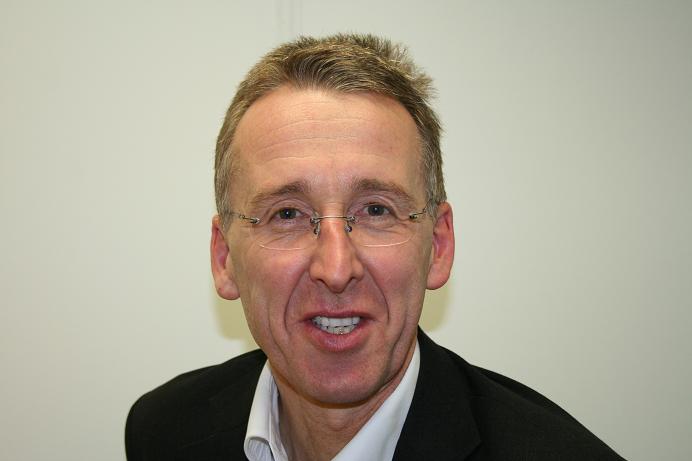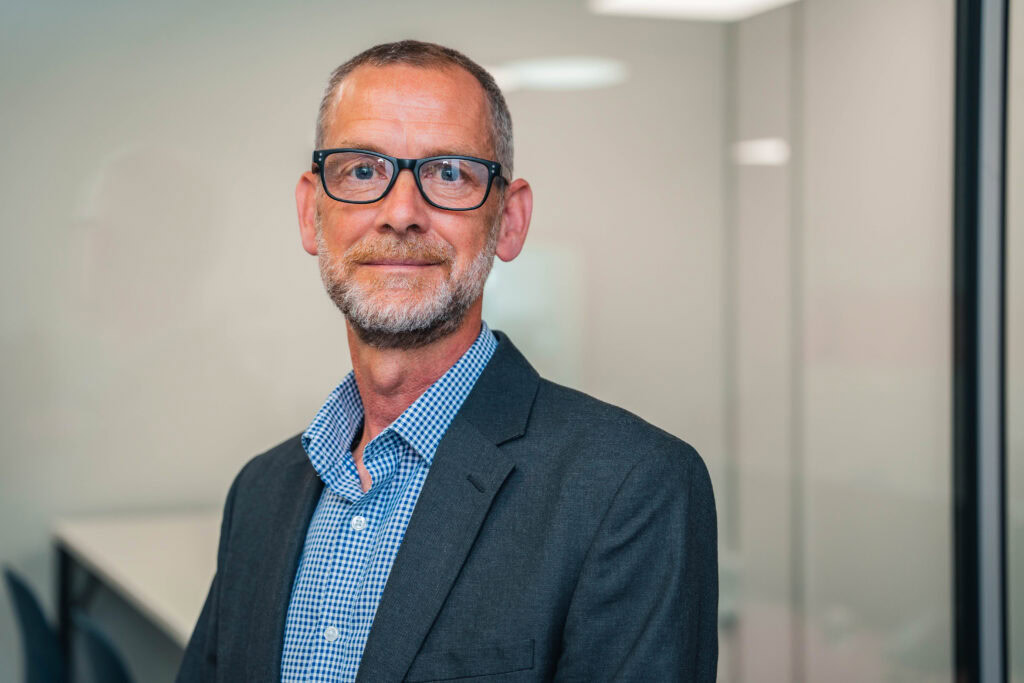The Environment Agency's ‘Waste' function recently changed its name to ‘Waste and Resource Management'. This was a statement of intent.
England and Wales still send over 60 million tonnes of waste to landfill each year. Valuable resources that must be replaced by further extraction from the environment, while earlier versions lay discarded or rotting in landfill.
While much debate in the mainstream media has focused on the domestic waste and recycling, these debates often fail to recognise that less than 10% of the UK's waste comes from households. While improving collection, treatment and disposal of household waste is important, this is just a minor battle in the larger war on waste.
For the Environment Agency, tackling business and industry waste is our priority – be that the huge quantities of material discarded by the extractive industries, produced by construction/demolition, or the smaller amounts arising from agriculture.
Managing wastes in a manner which best protects the environment and conserves resources is a challenge which affects us all. While protecting the environment and removing the risk of pollution provides the motivation – sustainable resource management that leads to a reduction in waste – provides the driving force. Waste producers; waste managers and householders all have their parts to play.
As a regulator the Environment Agency's role is divided into two main parts. Firstly enforcing the conditions in environmental permits and prosecuting those who breach the waste regulations.
Secondly, the role of: providing advice and information; facilitating best practice in waste and resource management; taking a lead in innovative projects and collaborating with industry and local authorities in developing solutions to critical problems.
Firstly and vitally important, is the fair and firm enforcement of regulations that prevent well-run, honest firms from being undercut by operators with a poor environmental record or illegal practice.
We concentrate our efforts both on waste producers and waste operators that persistently cause pollution by flouting permit limits or breaking the law. Well-run, law-abiding companies which present a lower environmental risk are regulated less intensively and pay lower charges. This risk-based approach saves business – and us – time and money.
For example, the introduction of Environmental Permitting Regulations in 2008 has reduced the amount of information required from many businesses applying for permits – saving time and money. This allows the Environment Agency to concentrate more time and effort on riskier industries and businesses that require more thorough inspection and assessment.
In addition, the creation of the Environment Agency's National Environmental Crime Team has led to a greater clampdown on illegal waste operators that take valuable resources and income out of the legitimate, regulated waste sector.
Secondly and just as important, is working with the business and industry, providing advice and information promotes waste minimisation and environmentally sound resource management.
This means planning and waste disposal authorities, and the wider waste sector have access to advice and data on waste management and pollution emissions, that smooth the way for infrastructure developments – such as our administration of the Landfill Allowance and Trading Scheme (LATS) in England. In addition, facilitating best-practice and collaborating with industry on new projects helps provide industry with the confidence to innovate.
For example, the Waste Protocols Project creates a set of criteria which instil confidence in using recyclable materials. The initiative removes unnecessary and costly regulation, increases demand for recyclates, and reduces volumes to landfill.
One area where the project will bring substantial benefits is to the non-packaging plastics industry. A quality protocol for the manufacture of secondary raw materials from waste non-packaging plastics will make it far easier for manufacturers to incorporate plastics like toys and garden furniture into new products, bringing substantial financial and environmental benefits.
We strive to be a modern day regulator, making business easier while ensuring that the environment is protected. Our resources are limited and we must make the best use of them. The Environment Agency believe this combination of regulatory advice and enforcement, can give the waste industry the confidence to invest and innovate in ways that bring better resource management and tackle waste going to landfill.








Subscribe for free